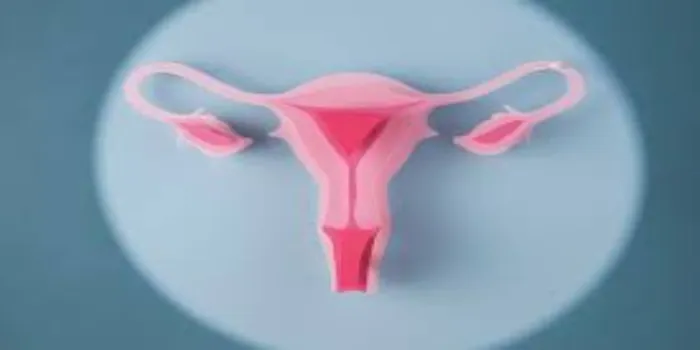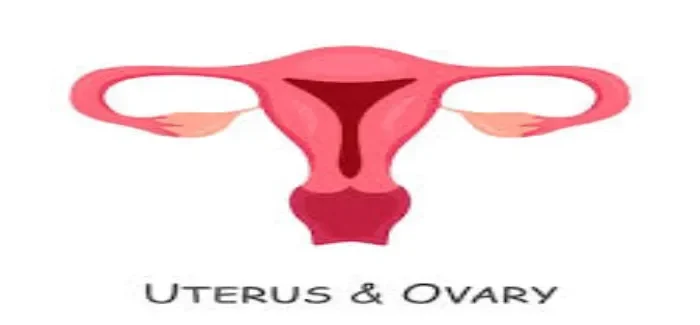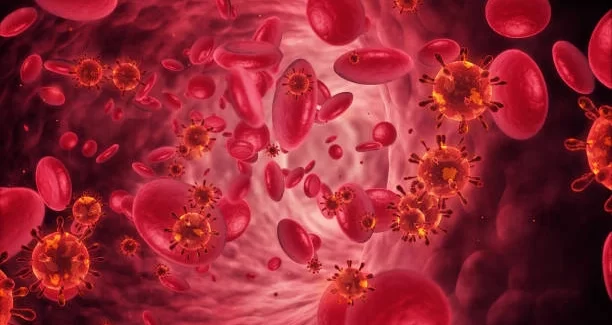Causes and Symptoms of Bulky Uterus

Posted Date: April 28th, 2024
Uterus is the main organ in the female reproductive system that helps with the conception process and childbirth. Hence, there are many medical conditions that can affect the uterus structure and function, and one of them is a Bulky uterus. It is also known as an enlarged uterus that typically refers to an increased size of uterus beyond its normal dimensions. Hence, this enlargement also impacts a woman’s reproductive health. To manage this condition on time, it is essential to understand its cause and symptoms. In this blog, we will tell you everything related to the context and shedding light on this gynecological issue complexities. So, read on to know more!
What does Bulky Uterus means?
As we said earlier, a bulky uterus, also known as an enlarged uterus or uterine hypertrophy, refers to the size increase of the uterus beyond its normal length. This condition generally affects the woman’s reproductive health and overall well-being. Moreover, the normal measurement of a non-pregnant uterus should be considered to be around 7 to 8 cm long, 5 cm width, and 4 cm thick. Hence, there are many reasons behind uterus enlargement.
What are some common Bulky Uterus Symptoms?
Though many women generally do not experience any symptoms of bulky uterus before their doctor detects it during a routine check-up. However, there are many symptoms that can indicate the situation of bulky uterus, such as:
Irregularities of Menstrual cycle: Bulky uterus can indicate irregular periods, including heavy bleeding or prolonged menstruation. This may result in discomfort during menstruation.
1. Pelvic Pain: Many women experience pelvic pain if they have a bulky uterus. It ranges from dull aches to sharp cramps, and worsen the situation during menstruation or sexual intercourse.
2. Pain during sexual intercourse:Enlargement of the uterus can exert pain during intimate moments. This condition can be worsened if not diagnosed properly.
3. Back Pain: The enlarged uterus can also cause back aches especially in the lower back area. This discomfort may interfere with mobility and daily tasks.
4. Constipation: Pressure developed by the bulky uterus on the intestines can lead to constipation. This may cause abdominal discomfort and bloating.
5. Pregnancy problems: Uterine enlargement may impact the implantation process of fertilizing eggs. It can also affect the normal function of the reproductive organs, leading to infertility or difficulty in conceiving.
6. Fatigue: Chronic fatigue and weakness may develop due to hormonal imbalances and the physical strain related with a bulky uterus.
What does causes Bulky Uterus?
Besides pregnancy, there are many conditions that may cause the Bulky uterus, such as:
Uterine Fibroids:
Fibroids are noncancerous growths developed within the uterine wall and can cause swollen uterus. Typically, hormonal imbalances and genetic factors contribute to this situation. Fibroids can grow as a single mass or a cluster as well. It can also occur at any age and anemia, lower abdomen enlargement, frequent urination, pelvic pain, etc. are its common symptoms.
Adenomyosis:
It is the condition where the tissue lines of the uterus begin to grow into the muscular wall of the organ, causing it to become enlarged. It is the most common condition in women between 40 and 50 years old. The exact cause of adenomyosis is unclear, but abdominal bloating, heavy menstrual bleeding, painful sex, etc. can be its common symptoms to diagnose. It is important to contact a healthcare provider as soon as possible if you have this condition.
Endometrial Cancer:
An overgrowth of the uterine lining, known as endometrial hyperplasia or cancer, which can lead to uterine enlargement. It is typically caused by hormonal imbalances, particularly an excess of estrogen in comparison to progesterone. Pelvic pain, pain while urinating, and pain during sex are Endometrial common symptoms and it is the most common condition in women.
PCOS (polycystic ovarian syndrome):
PCOS refers to the hormonal imbalance that impacts the natural shedding of the uterus lining during menstruation. This can lead to uterus enlargement if unwanted estrogen triggers endometrial hyperplasia or cancer. Symptoms associated with PCOS, including acne or oily skin, excessive body hair growth, infertility, irregular menstrual cycles, etc.
What complications do Bulky Uterus may occur?
Bulky uterus doesn’t cause any serious complications except from cancer. However, there are still some conditions that can affect the reproductive health and overall well-being:
1. Pregnancy problems: Bulky Uterus can impact the implantation process and normal reproductive function, which can lead to pregnancy problems or infertility.
2. Heavy menstrual bleeding: Women with bulky uterus can experience anemia that can typically be caused by abnormal bleeding.
3. Pelvic Organ Prolapse: Typically, uterine enlargement can lead to the displacement of pelvic organs, which cause them to protrude into the vaginal canal. This can result in discomfort, urinary incontinence, and difficulty in bowel movements.
4. Psychological Distress: Women with a bulky uterus can experience chronic pelvic pain, menstrual irregularities, and infertility. It can lead to psychological distress, including anxiety and depression.
How to diagnose or treat Bulky Uterus?
Bulky uterus can be diagnosed during a pelvic exam. If you having a symptoms of uterus enlargement then below test may be determined by your doctor, it includes:
Blood tests,
Ultrasound, MRI, or CT scan, if necessary,
Hysteroscopy test, etc.
Although after diagnosing your condition, your healthcare provider may provide several treatments:
1. Medication: Hormonal contraceptives or medications, such as birth control pills or hormonal IUDs may help to reduce symptoms of bulky uterus. These medicines can also help you to regulate menstrual cycles.
2. Surgery: Surgical treatments like hysterectomy (removal of the uterus) or myomectomy (removal of fibroids) may be recommended for severe cases or when conservative treatments fail to provide relief with condition.
Lifestyle Modifications: By cooperating with a healthy lifestyle, including regular exercise, balanced diet, stress management, etc. can help manage symptoms and improve overall reproductive health.
When to seek medical advice?
It is very important for individuals to consult with their primary healthcare provider. As early diagnosis and treatment can help prevent complications that can arise due to a bulky uterus in early pregnancy. However, you should also consult with your doctor if you find these experiences:
Pelvic pain,
Abnormal menstrual bleeding.
Difficult in conceiving, or,Any other concerning symptoms such as PCOS, Adenomyosis, Fibroids, etc.
Furthermore, if you are approaching menopause then you should be aware of changes in menstrual cycles and reproductive health as uterine enlargement may indicate underlying conditions that require medical attention.
The Bottom Line
In summary, a bulky uterus can impact the woman’s reproductive health. It is essential to understand its causes and symptoms, so you can timely diagnose and manage this condition. By giving proper treatments your doctor can help you to alleviate its complications and improve overall well-being. However, regular gynecological examinations are essential for maintaining better reproductive health and well-being.
FAQS
QUES 1: Is bulky uterus a serious problem?
ANS: Yes, bulky uterus can be serious if left untreated. As it can lead to many complications such as infertility, anemia, and pelvic organ prolapse.
QUES 2: Does bulky uterus in early pregnancy lead to complications?
ANS: Yes, a bulky uterus in early pregnancy can lead to complications such as miscarriage, preterm birth, and increased risk of pregnancy-related complications. It is important for females to consult with their doctors as soon as possible.
QUES 3: Can stress cause bulky uterus?
ANS: Stress itself doesn’t directly relate with a bulky uterus, but it can cause underlying conditions like adenomyosis or fibroids.
QUES 4: Can I get pregnant with a bulky uterus?
ANS: Yes, pregnancy can happen with a bulky uterus but it may increase the risk of complications such as miscarriage, preterm birth, and infertility.
Related Posts
Dr. Emily Carter is a seasoned health writer and wellness advocate at Healths News Today. With over a decade of experience in the healthcare industry, she specializes in translating complex medical information into easy-to-understand content that empowers readers to make informed decisions about their health.








